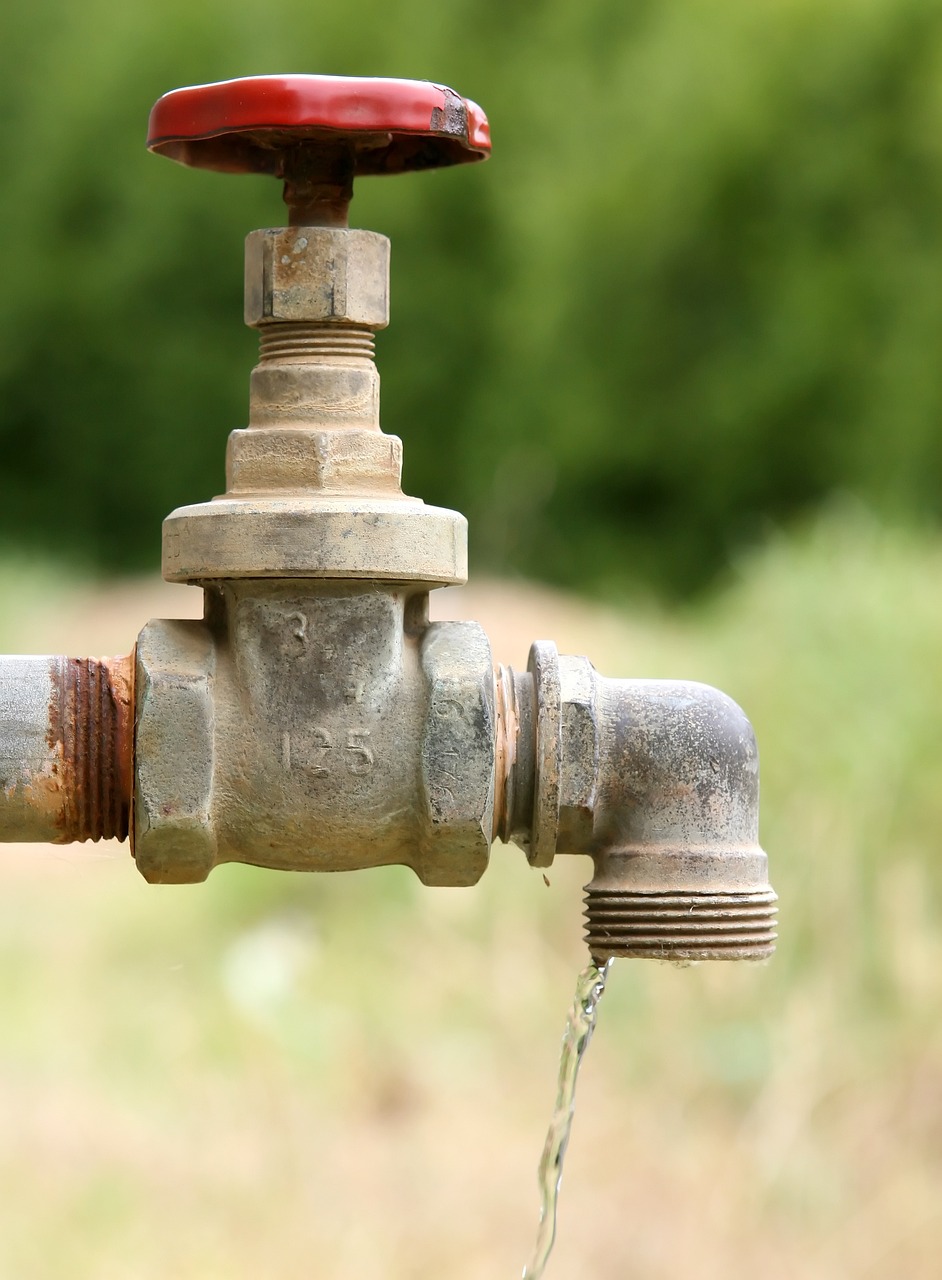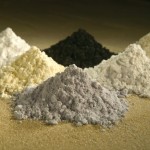Decreased water availability during heat waves can have significant economic implications for agriculture and industries.
Table of contents [Show]
Reduced Crop Production
Water is crucial for crop growth and development. When there is a decrease in water availability during heat waves, farmers may struggle to provide enough water for their crops through irrigation. Without sufficient water, crops can become stressed, leading to reduced yields and lower productivity. This can result in lower incomes for farmers and a decrease in the overall food supply.
Increase in Food Prices
When water is scarce, and crop production decreases, the supply of food can be affected. If there is less food available, the demand for it remains the same or even increases, which can lead to higher food prices. As a result, consumers may have to spend more money on basic food items, impacting their household budgets and potentially leading to food insecurity for vulnerable populations.
Impact on Livestock and Dairy Industries
Reduced water availability can also impact the livestock and dairy industries. Animals need water to drink, and during heat waves, their water needs increase. If there is a shortage of water, it can lead to dehydration and health issues in livestock. This can result in reduced milk production, lower meat quality, and financial losses for farmers and the dairy industry.
Limited Industrial Production
Industries also depend on water for their operations. During heat waves with decreased water availability, industries may face challenges in securing enough water for their manufacturing processes. This can lead to disruptions in production, reduced output, and potential financial losses for businesses. Industries such as textiles, manufacturing, and energy generation are particularly water-intensive.
Increased Costs for Water Management
In regions experiencing water scarcity, water management becomes a critical issue. Governments and industries may need to invest in infrastructure for water storage, distribution, and conservation. These investments can be expensive and can impact the overall cost of water supply. Businesses and consumers may face increased water tariffs and costs as a result.
Economic Impact on Local Communities
Water scarcity affects agriculture and industries, leading to job losses, reduced incomes, and economic downturn in local communities heavily dependent on these sectors.
To reduce the economic implications of decreased water availability during heat waves, it is essential to promote efficient water management practices.








